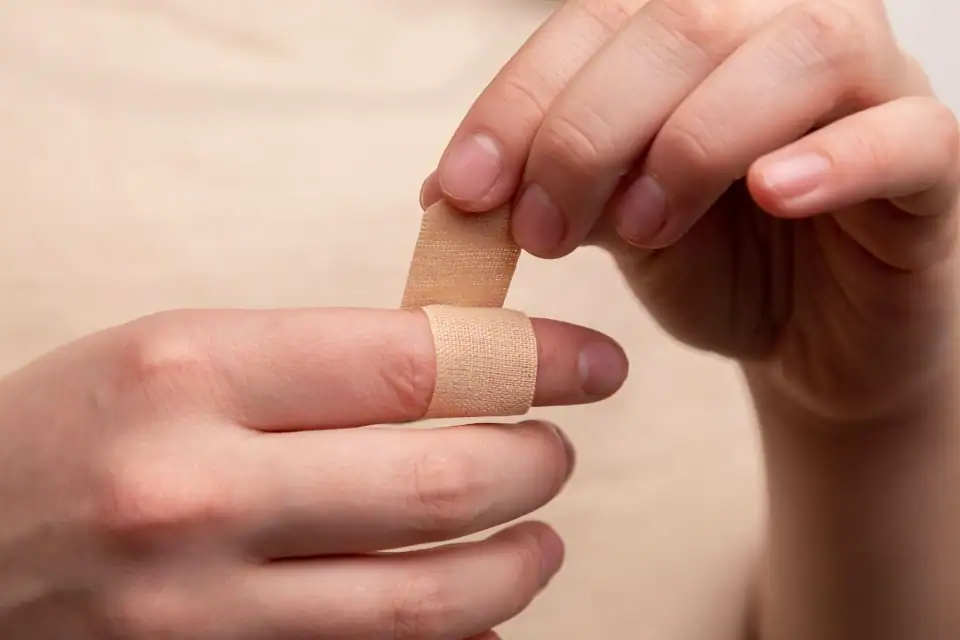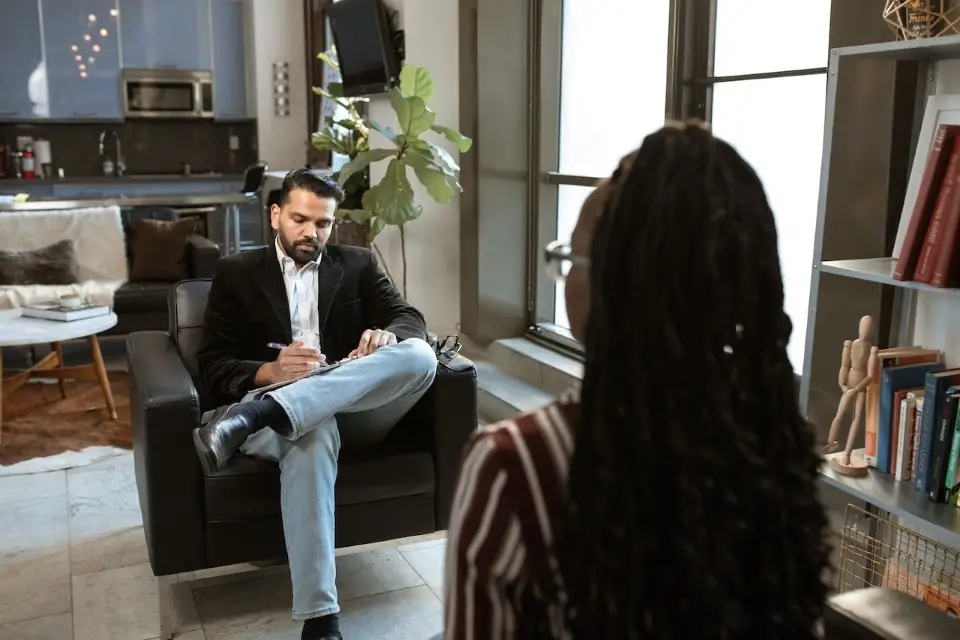Personal injury claims can arise from a variety of situations. Whether it’s a car accident, slip and fall, or a defective product, injuries can occur unexpectedly and have significant consequences. Knowing how to handle a personal injury case can help you protect your rights and get the compensation you deserve. In this article, we’ll discuss the 10 most common personal injury claims and how to handle them.
What is a Personal Injury Case?
Defining Personal Injury
Personal injury is a legal term that refers to any injury that is caused by the negligence or wrongdoing of another person. Negligence means that the other person failed to act with the reasonable care that is expected in a given situation. If you have been injured in an accident, for example, you may be entitled to compensation if you can prove that the other person was negligent and that negligence caused your injuries.
Common Causes of Personal Injury Cases
Personal injury cases can arise from a variety of situations. The most common types of personal injury cases include car accidents, slip and fall accidents, medical malpractice cases, and product liability claims.
How to Prove Negligence in Personal Injury Cases
In order to win a personal injury case, you must be able to prove that the other person was negligent and that their negligence caused your injuries. You will need to gather evidence, such as eyewitness testimony and medical records, to support your claim. An experienced personal injury attorney can help you build a strong case and navigate the legal system.
What is a Personal Injury Claim?
How to File a Personal Injury Claim
A personal injury claim is a legal action that seeks compensation for injuries caused by someone else’s negligence or wrongdoing. To file a personal injury claim, you will need to gather evidence, such as medical records and witness statements, and submit a claim to the responsible party’s insurance company. It’s important to have an experienced personal injury attorney on your side to help you navigate the claim process and negotiate a fair settlement.
What to Expect During a Personal Injury Claim
During a personal injury claim, you can expect to have to prove that the other person was negligent and that their negligence caused your injuries. You may also need to show that you have suffered damages, such as medical bills, lost wages, and pain and suffering. The insurance company will likely try to settle for as little as possible, so it’s important to have a strong case and an experienced attorney on your side.
How to Negotiate a Settlement for Your Personal Injury Claim
To negotiate a fair settlement for your personal injury claim, you will need to have a good understanding of your damages and a strong case. An experienced personal injury attorney can help you negotiate with the insurance company and make sure that you get the compensation you deserve.
What are the Most Common Types of Personal Injury Cases?
Car Accidents
Car accidents are one of the most common types of personal injury cases. If you have been injured in a car accident, you may be entitled to compensation for your injuries, lost wages, and other damages.
Slip and Fall Accidents
Slip and fall accidents can happen anywhere, from a grocery store to a restaurant. If you have been injured in a slip and fall accident, you may be entitled to compensation for your injuries and other damages.
Medical Malpractice Cases
Medical malpractice cases can arise when a healthcare provider fails to provide the proper standard of care, resulting in injury or death. If you have been injured by a healthcare provider’s negligence, you may be entitled to compensation for your injuries and other damages.
What is Product Liability?
Overview of Product Liability
Product liability is an area of law that deals with defective products. If you have been injured by a defective product, you may be entitled to compensation for your injuries and other damages.
Types of Defective Products
There are many types of defective products, including faulty machinery, dangerous toys, and contaminated food. If you have been injured by a defective product, you should speak to an experienced personal injury attorney to discuss your legal options.
How to File a Product Liability Claim
To file a product liability claim, you will need to gather evidence, such as medical records and the defective product itself, and submit a claim to the manufacturer or distributor of the product. An experienced personal injury attorney can help you navigate the claim process and negotiate a fair settlement.
When Should You Hire a Personal Injury Attorney?
Benefits of Hiring a Personal Injury Attorney
Hiring a personal injury attorney can have many benefits, including access to legal expertise and resources, the ability to negotiate with insurance companies on your behalf, and increased odds of receiving fair compensation for your injuries and damages.
How to Choose the Right Personal Injury Attorney
When choosing a personal injury attorney, it’s important to look for someone with experience, resources, and a proven track record of success. You should also look for someone who communicates well and makes you feel comfortable and confident in their abilities.
Do You Really Need a Personal Injury Attorney?
If you have been injured in an accident, you may be wondering if you really need a personal injury attorney. While it is possible to handle your case on your own, having an experienced attorney on your side can increase your odds of receiving fair compensation for your injuries and damages.
In conclusion, personal injury cases come in many varieties, but some types of claims are more common than others. Knowing what to expect and how to handle your case can make a difference in the outcome of your case. Remember to seek medical attention, document your injuries and losses, and consider hiring a personal injury attorney to help you navigate the claims process.
Q: What are the 10 most common personal injury claims?
A: The 10 most common personal injury claims include car accidents, slip and falls, medical malpractice, wrongful death, workplace injuries, premises liability, dog bites, auto accidents, injury due to defective products, and defamation.
Q: What are the 7 most common types of personal injury claims?
A: The 7 most common types of personal injury claims are motor vehicle accidents, medical malpractice, slip and falls, premises liability, product liability, dog bites, and assault.
Q: What is a slip and fall accident?
A: A slip and fall accident occurs when someone falls and suffers an injury on someone else’s property due to hazardous conditions such as wet floors, uneven surfaces, or poor lighting.
Q: What is premises liability?
A: Premises liability is a legal concept where the owner or occupier of a property is responsible for any injuries that occur on that property due to hazardous conditions.
Q: What is a car accident claim?
A: A car accident claim is a legal action taken by an injured party or their representative in an effort to receive compensation for the damages sustained in a motor vehicle accident caused by someone else’s negligence.
Q: What is wrongful death?
A: Wrongful death is a legal concept where an individual dies due to the negligent or intentional actions of another person or entity. The surviving family members can file a wrongful death claim seeking compensation for their loss.
Q: What is a medical malpractice claim?
A: A medical malpractice claim is a legal action taken when a patient is injured due to the negligence of a healthcare provider. In order to have a successful claim, the injured party must prove that the healthcare provider deviated from the standard of care and that this deviation caused the injury.
Q: What should I do if I have a personal injury?
A: If you have suffered a personal injury, the first step should be to seek medical attention. Then, you should consult with a personal injury attorney to determine if you have a case and what your legal options may be. Many personal injury attorneys offer free consultations.
Q: What must I prove in a personal injury lawsuit?
A: In a personal injury lawsuit, the injured party must prove that the other party was negligent and that their negligence caused the injury. This usually involves showing that the other party had a duty of care, that they breached that duty, and that the breach caused the injury.
Q: What happens if I decide to file a personal injury claim?
A: If you decide to file a personal injury claim, you will need to hire an attorney to represent you and negotiate with the other party’s insurance company. If a settlement cannot be reached, the case may go to trial.
Q: What types of damages may be recovered in a personal injury claim?
A: Depending on the circumstances of the case, the injured party may be able to recover damages for medical expenses, lost wages, pain and suffering, and other related expenses.







